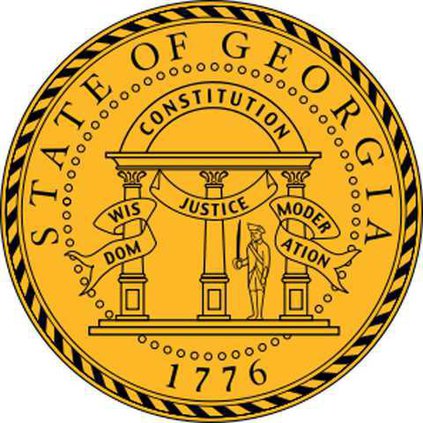ATLANTA — State lawmakers made few major changes to education policy during this year's legislative session. Bills to empower parents and teachers to convert failing public schools into charter schools stalled in committee. So did a measure to change state curriculum standards.
Instead, lawmakers lowered the grade-point average requirements so more people would qualify for the popular HOPE grant program for technical college students. They also expanded a student scholarship program that has drawn some questions about transparency and effectiveness.
Perhaps the biggest change was the standardization of teacher evaluations based, in part, on student performance.
"That's a good example of a bill that took several years to work its way through in terms of final passage," said Rep. Edward Lindsey, House majority whip. "It is good policy and it's a step in the right direction."
The bill, sponsored by Rep. Randy Nix, R-LaGrange, calls for each local school district and all charter schools to implement an evaluation system to be defined by the state Board of Education. Nix said it was based on a state pilot program and included input from superintendents, principals and teachers.
Under the bill, student performance will comprise at least 50 percent of the evaluation for teachers who teach courses that are part of annual state tests.
"We send our children to school to learn and have expectations that they will make progress each year so I think it is only reasonable to use student growth as a major part of a teacher's evaluation," Nix said in an email.
For those not teaching the tested courses, other measures of student performance — to be determined later — will account for at least 50 percent of the evaluation.
The results of multiple classroom observations will factor in as well. The bill would also direct local school districts to base decisions on retention, promotion, compensation and dismissals primarily on the results of the evaluations.
"It not only fundamentally changes how the teachers and principals will be evaluated but how those evaluations will be used," said Angela Palm, director of policy and legislative services for the Georgia School Boards Association.
The bill is under review by the governor.
Separately, the governor is expected to sign legislation restoring a lower GPA requirement for students seeking HOPE grants to attend the state's technical colleges. Two years ago, lawmakers raised the grade-point average to 3.0 because of a decline in lottery revenues that fund the HOPE program. In the years since, there was a notable decline in enrollment.
The plan returns the qualifying GPA to 2.0. Supporters say an increase in lottery revenues allows for the change and the move will benefit several thousand students at an estimated total cost of $5 million to $8 million annually.
The student scholarship program that was expanded helps children attend private schools. It is funded through donations from individuals and corporations who, in turn, are eligible for a tax break.
Lawmakers agreed to raise the cap to $58 million for the program, over concerns from critics that the program diverts money away from public schools that continue to struggle financially.
Lawmakers also moved oversight of who regulates video poker and other similar coin-operated machines to the Georgia Lottery Corp. instead of the state Department of Revenue. The plan opens the door for some proceeds to be directed to the HOPE scholarship program, although exactly how much has yet to be determined.
Other education bills that passed include one requiring youth athletes to be pulled from games and medically examined if they suffer a possible concussion. The bill would also require a medical professional to clear an athlete who had a concussion before they could return to sports.
Another bill would prevent local school boards from using taxpayer money to mount legal challenges when the governor suspends or replaces board members when a district is in danger of losing accreditation.
Among those bills that stalled in committee was the proposed "Parent and Teacher Empowerment Act," which lets parents and teachers petition a local school board to convert a failing public school into a charter school. The so-called parent trigger bill would have also compelled a failing public school to implement certain measures, possibly removing all school personnel to improve performance.
"When it comes to the parent trigger bill, we positioned it well for next year since we passed it out of the House," said Lindsey, R-Atlanta.
Sen. William T. Ligon, R-Brunswick, introduced a bill mid-session that would halt implementation of the Common Core State Standards, an initiative embraced by dozens of states including Georgia that creates basic student learning requirements in certain subjects. The bill remains active for consideration next year.
A bill that would have allowed students with a license to carry a gun to take their firearms onto parts of public colleges and universities also failed to come up for a final vote. The university system chancellor and the Board of Regents opposed the plan, although it's likely to resurface next year.
Lawmakers quiet on education
Ga. legislators make few changes during session


Sign up for the Herald's free e-newsletter